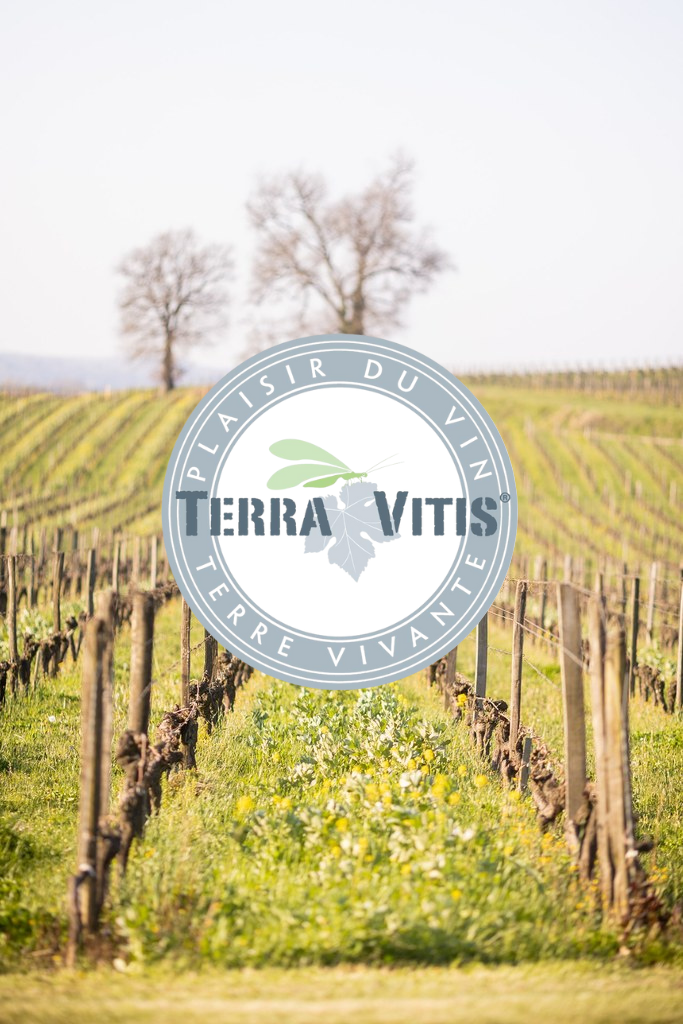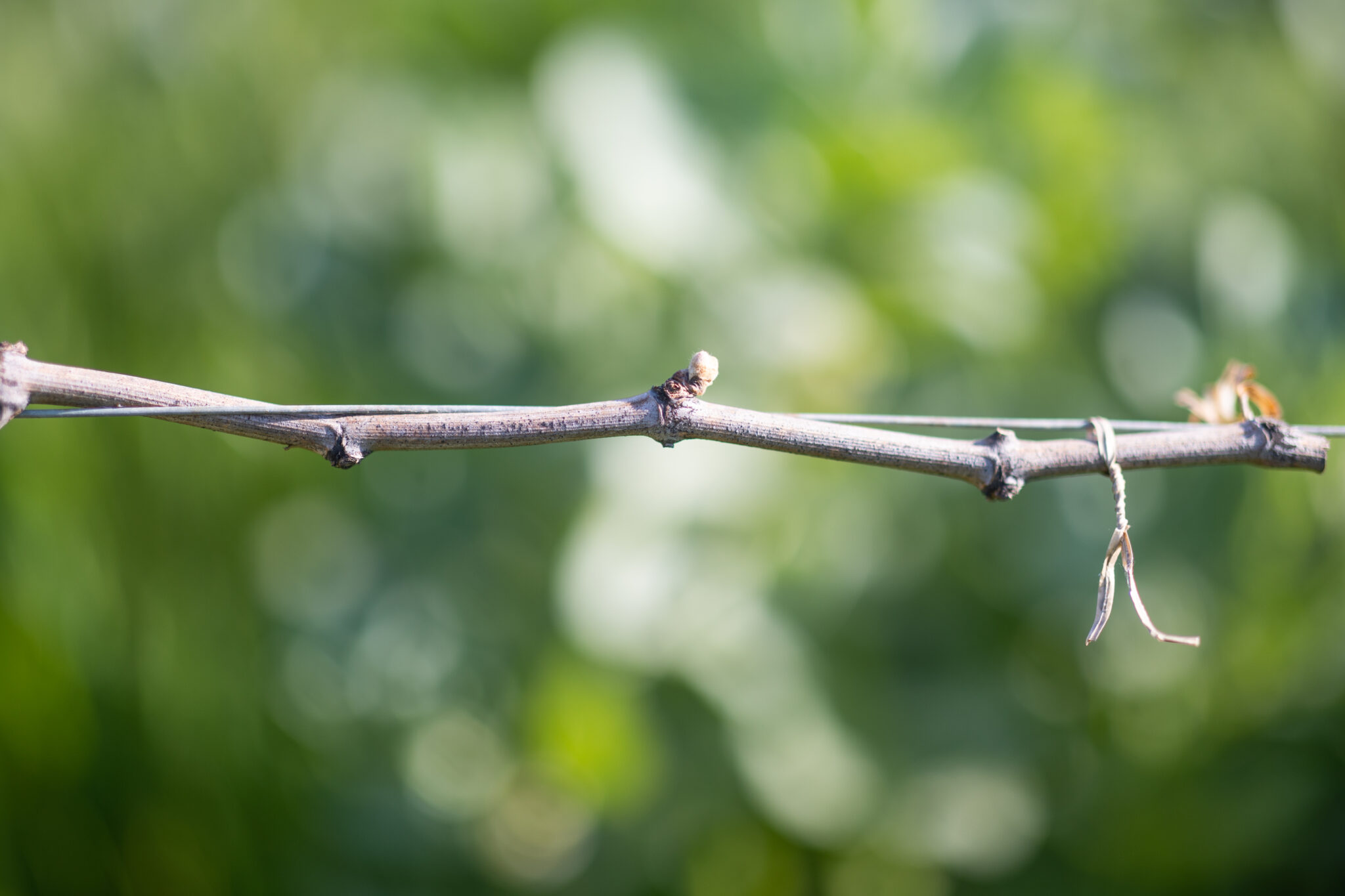


Terra Vitis certification is an environmental label dedicated to sustainable viticulture, recognized as level 2 by the French government. Its aim is to reconcile the production of quality wines with respect for the environment.
Terra Vitis takes several aspects of winegrowing into account:
Vineyard and cellar inputs are kept to a minimum at every stage from production to vinification and marketing. The development of soil life is favored, and every intervention is reasoned, justified and limited to what is strictly necessary.
Terra Vitis certified winegrowers are committed to adopting sustainable agricultural practices that respect biodiversity, water and energy, as well as social and societal aspects.
Within the 4 Saint-Emilion appellations (Lussac Saint-Emilion, Puisseguin Saint-Emilion, Saint-Emilion and Saint-Emilion Grand Cru), some 15 winegrowers are Terra Vitis certified.
Terra Vitis certification is based on rigorous specifications governing the agricultural practices of winegrowers. They must implement environmentally-friendly techniques for disease and pest management. They have a list of prohibited products (CMR1 as in HEV) and a restrictive list (CMR2 with a maximum FTI), thus reducing the impact of chemical products on the environment.
Terra Vitis-certified winegrowers take concrete steps to protect and preserve biodiversity on their estates. They promote the harmonious cohabitation of vines, flora and fauna through actions such as hedge planting, the creation of natural areas and the preservation of natural habitats. These actions help to maintain and promote local biodiversity.
Sustainable winegrowing implies responsible management of natural resources. Terra Vitis-certified winegrowers are committed to apply rational irrigation practices, adapt water supply to the actual needs of the vines and avoid wastage. In addition, they optimize their energy consumption by adopting energy-efficient measures and promoting the use of renewable energies, such as solar power.
Terra Vitis certification also integrates social and societal aspects. Certified winegrowers ensure compliance with occupational health and safety standards, guaranteeing safe working conditions for their employees. They also promote local employment and ethical business practices, thus contributing to the economic and social development of their region.

As part of the certification, winegrowers must provide detailed justifications for their practices, guaranteeing the transparency and traceability of their actions. These justifications cover several essential aspects of sustainable viticulture.
Terra Vitis
The certification guarantees the sustainability and quality of our wines. Certified winegrowers undergo annual audits by independent control bodies to verify compliance with certification criteria. Terra Vitis certified wines carry a label attesting to their origin and environmentally-friendly production methods. By choosing Terra Vitis-certified wines, consumers support winegrowers committed to a responsible approach and contribute to the preservation of the environment.